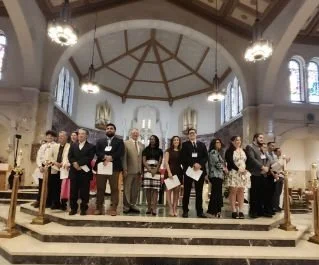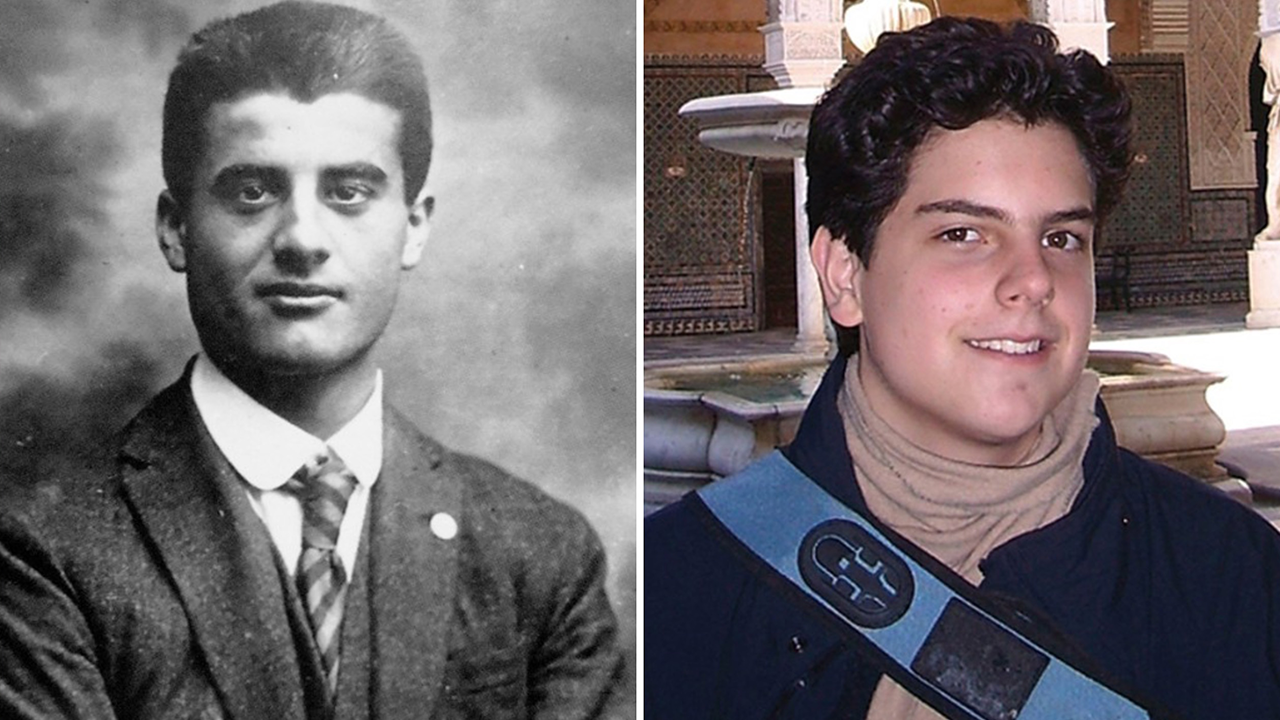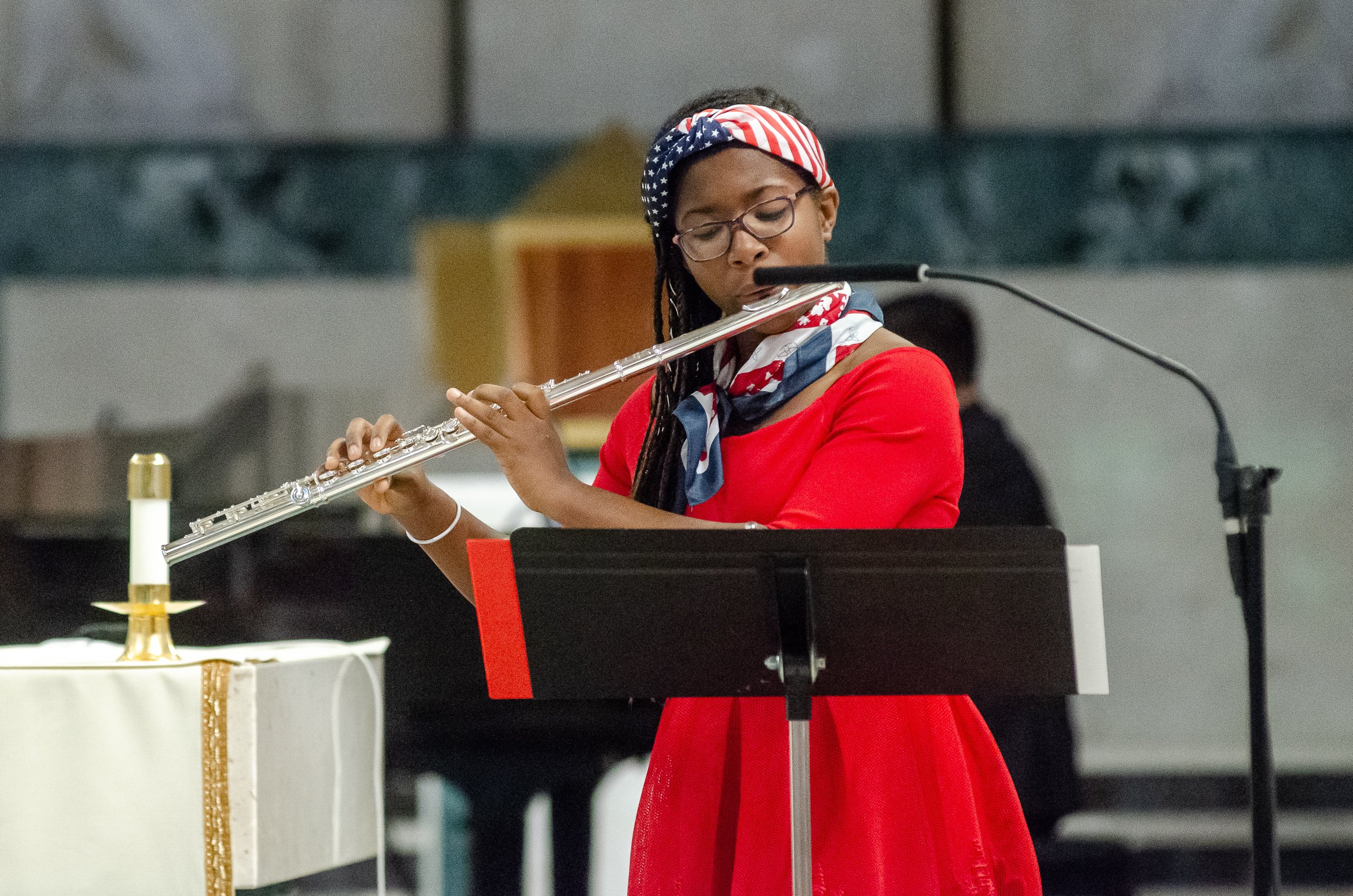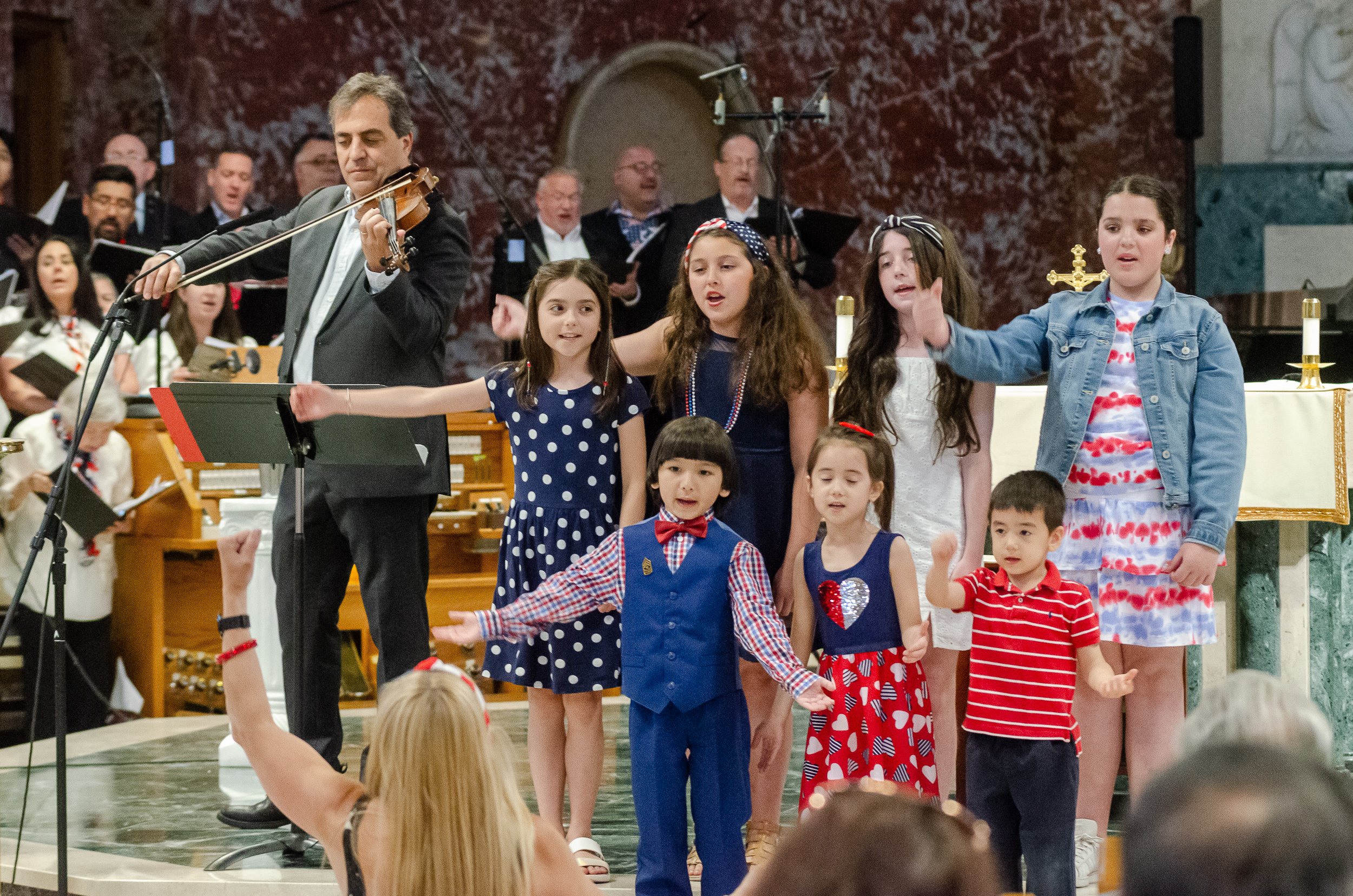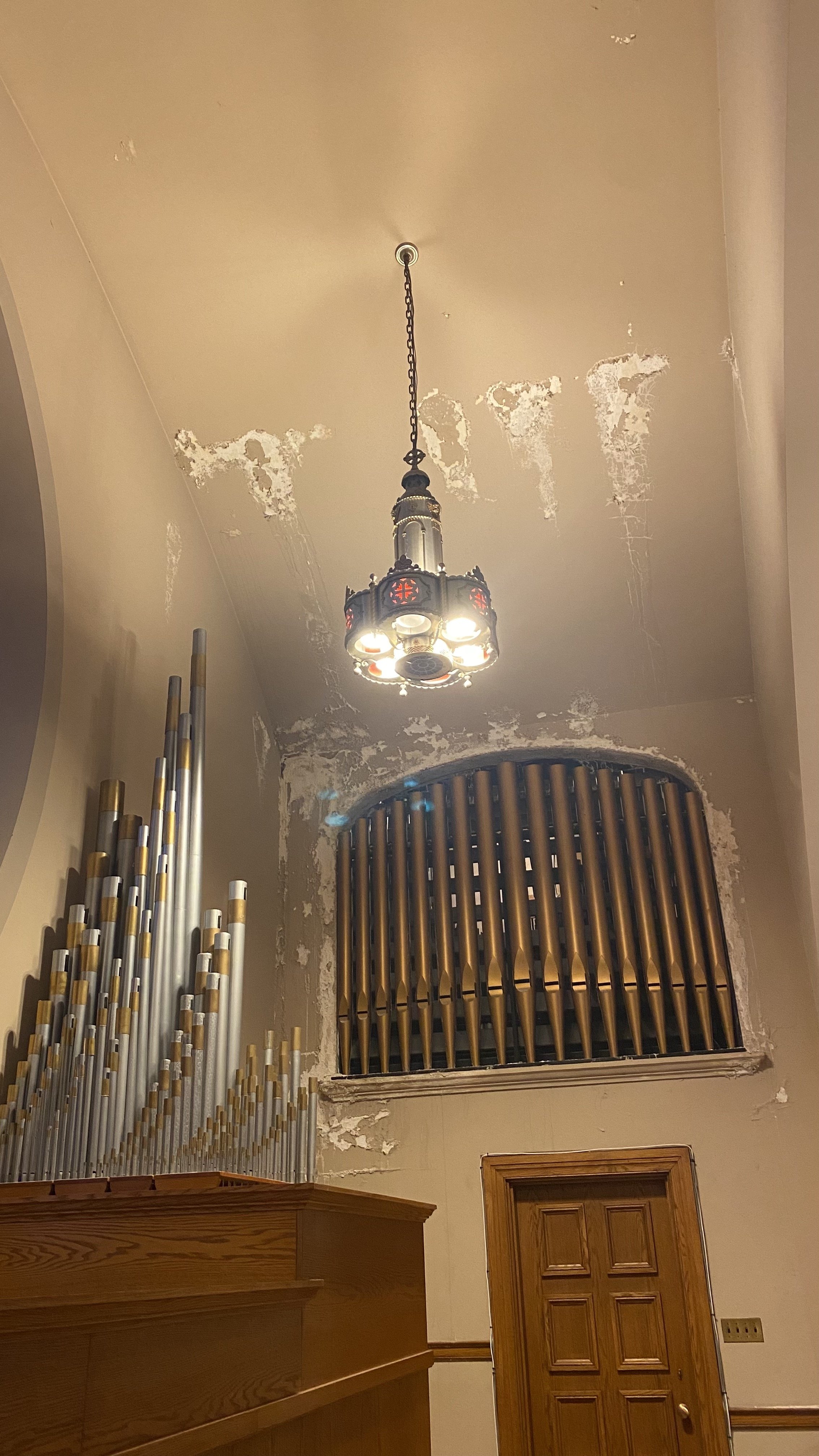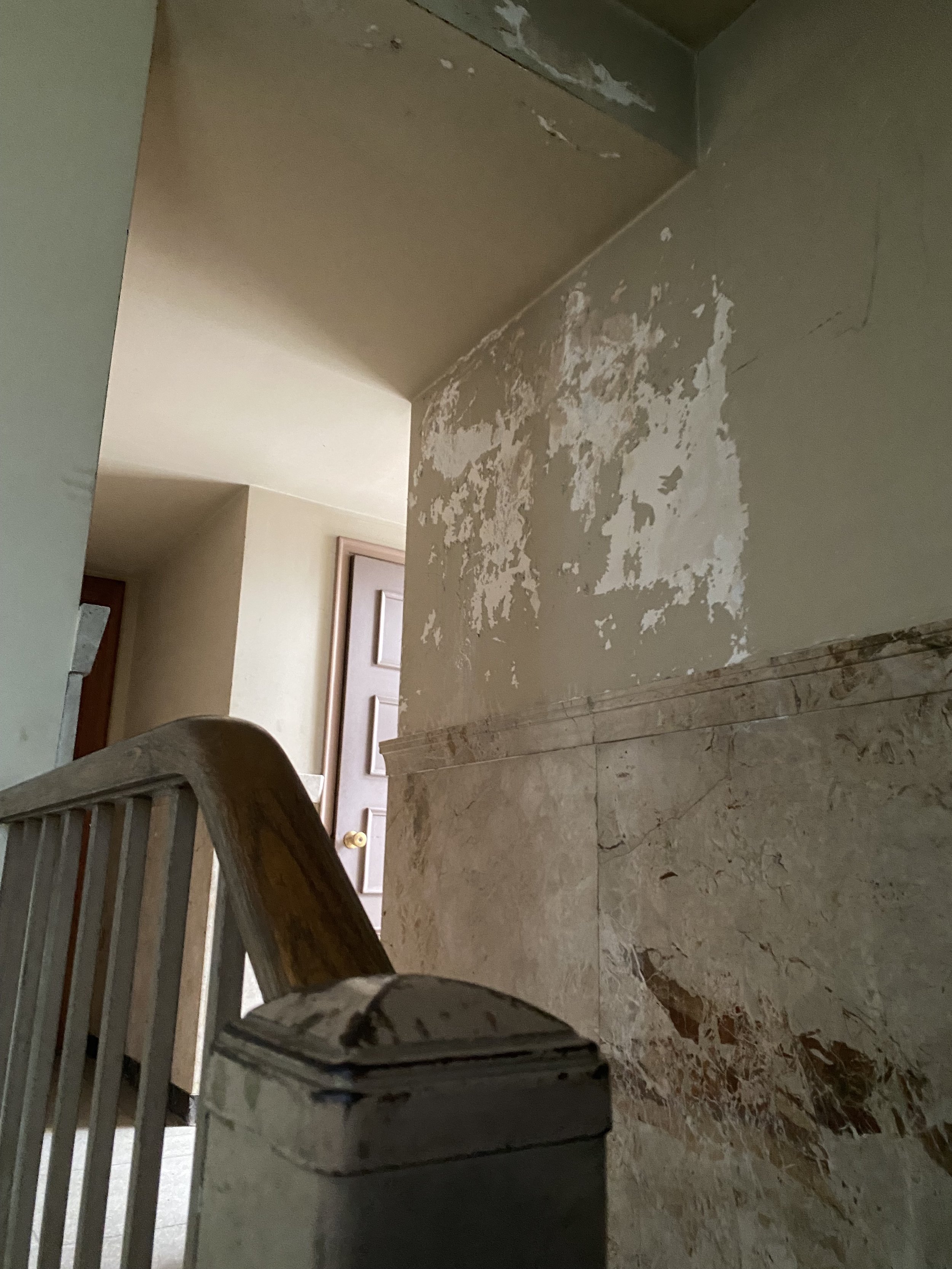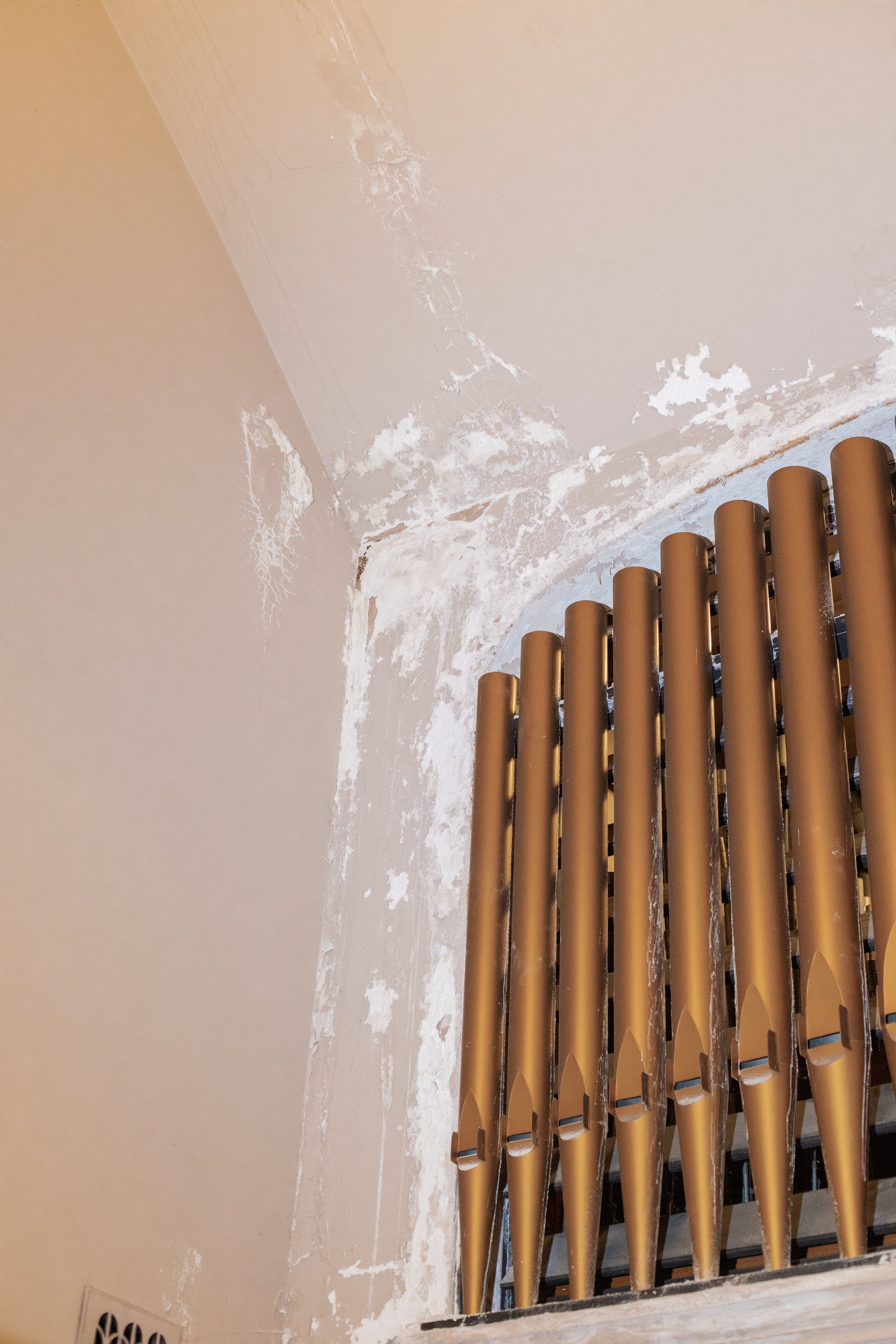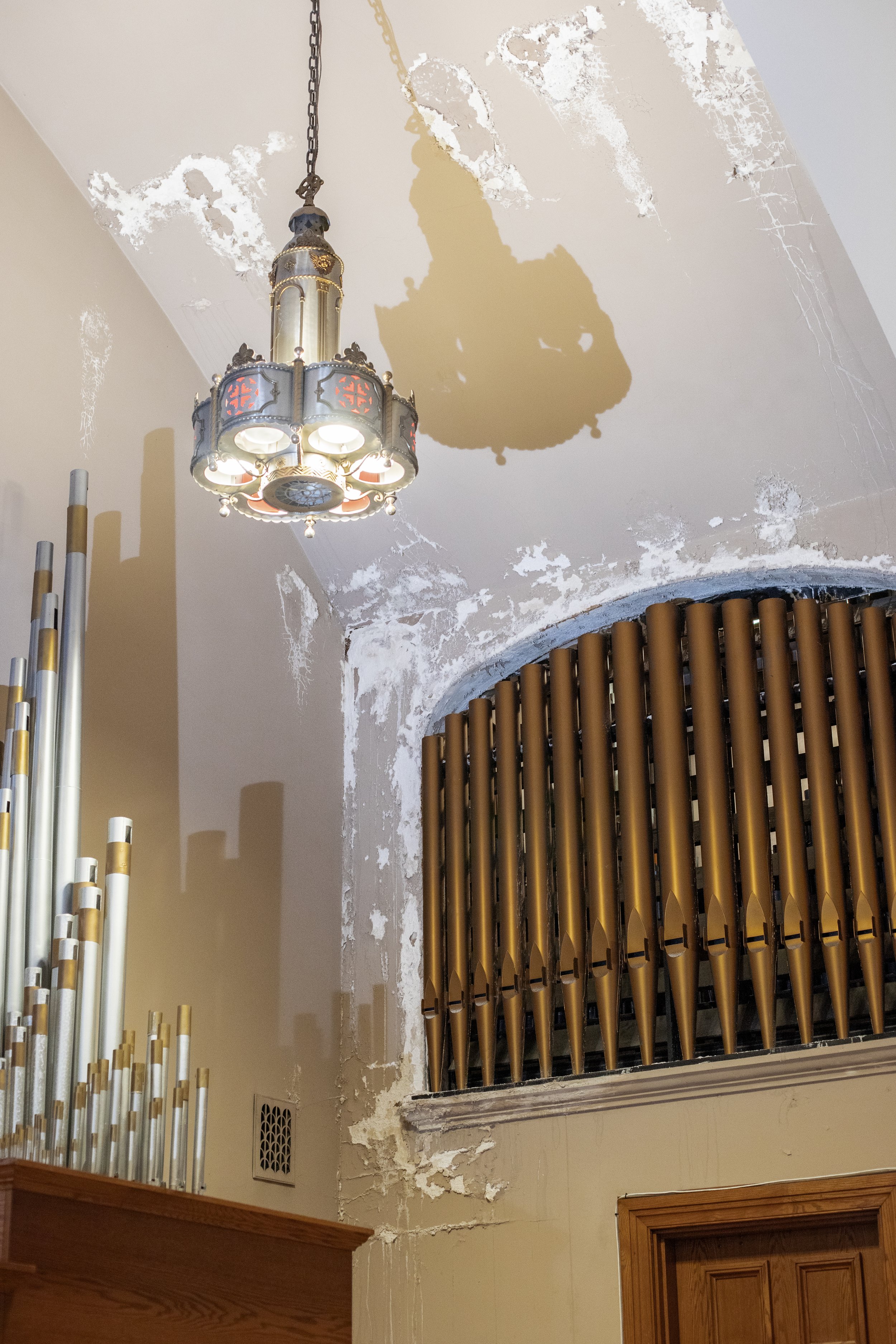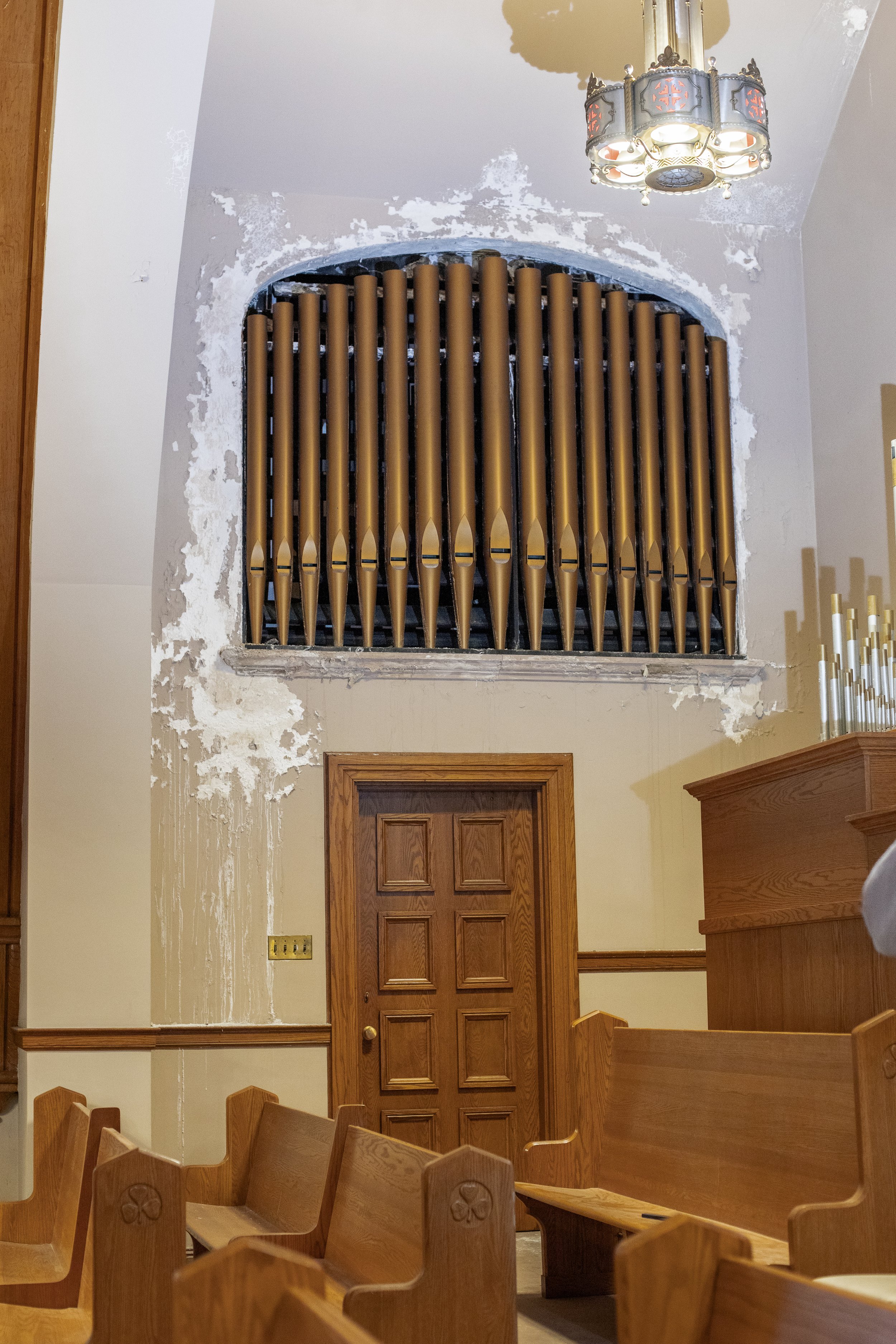From the Social Concerns Ministry.
Rights and Responsibilities
The Catholic tradition teaches that human dignity can be protected and a healthy community can be achieved only if human rights are protected and responsibilities are met. Therefore, every person has a fundamental right to life and a right to those things required for human decency. Corresponding to these rights are duties and responsibilities--to one another, to our families, and to the larger society.
Scripture
Leviticus 25:35
When someone is reduced to poverty, we have an obligation to help.
Ruth 2:2-23
Boaz cares for Ruth, a widow and a foreigner, giving her far more than the law requires.
Tobit 4:5-11
Give from what you have received and do not turn away from the poor.
Proverbs 31:8-9
Open your mouth to speak on behalf of those in need.
Isaiah 1:16-17
Seek justice, rescue the oppressed, defend the orphan, plead for the widow.
Jeremiah 22: 13-16
A legitimate government upholds the rights of the poor and vulnerable.
Jeremiah 29:4-7
Seek the welfare of the city, for in its welfare you will find your welfare.
Matthew 25: 31-46
Just as you did it to the least of these, you did it to me.
Luke 16:19-31
The rich man has a responsibility to care for Lazarus.
Acts 4:32-35
There was not a needy person among them.
2 Corinthians 9:6-15
God’s gifts are given to be shared.
James 2:14-18
Faith without works is dead.
Tradition
“It frequently becomes clear that, in practice, human rights are not equal for all. Respect for those rights ‘is the preliminary condition for a country’s social and economic development. When the dignity of the human person is respected, and his or her rights recognized and guaranteed, creativity and interdependence thrive, and the creativity of the human personality is released through actions that further the common good.’ Yet, ‘by closely observing our contemporary societies, we see numerous contradictions that lead us to wonder whether the equal dignity of all human beings, solemnly proclaimed seventy years ago, is truly recognized, respected, protected and promoted in every situation. In today's world, many forms of injustice persist, fed by reductive anthropological visions and by a profit-based economic model that does not hesitate to exploit, discard and even kill human beings. While one part of humanity lives in opulence, another part sees its own dignity denied, scorned or trampled upon, and its fundamental rights discarded or violated.’ What does this tell us about the equality of rights grounded in innate human dignity?” (Pope Francis, On Fraternity and Social Friendship [Fratelli Tutti], no. 22)
"Underlying the principle of the common good is respect for the human person as such, endowed with basic and inalienable rights ordered to his or her integral development. It has also to do with the overall welfare of society and the development of a variety of intermediate groups, applying the principle of subsidiarity. Outstanding among those groups is the family, as the basic cell of society. Finally, the common good calls for social peace, the stability and security provided by a certain order which cannot be achieved without particular concern for distributive justice; whenever this is violated, violence always ensues. Society as a whole, and the state in particular, are obliged to defend and promote the common good." (Pope Francis, On Care for Our Common Home [Laudato Si'], no. 157)
"Many of the poor live in areas particularly affected by phenomena related to warming, and their means of subsistence are largely dependent on natural reserves and ecosystemic services such as agriculture, fishing and forestry. They have no other financial activities or resources which can enable them to adapt to climate change or to face natural disasters, and their access to social services and protection is very limited. For example, changes in climate, to which animals and plants cannot adapt, lead them to migrate; this in turn affects the livelihood of the poor, who are then forced to leave their homes, with great uncertainty for their future and that of their children. There has been a tragic rise in the number of migrants seeking to flee from the growing poverty caused by environmental degradation. . . . Our lack of response to these tragedies involving our brothers and sisters points to the loss of that sense of responsibility for our fellow men and women upon which all civil society is founded." (Pope Francis, On Care for Our Common Home [Laudato Si'], no. 25)
"A link has often been noted between claims to a 'right to excess', and even to transgression and vice, within affluent societies, and the lack of food, drinkable water, basic instruction and elementary health care in areas of the underdeveloped world and on the outskirts of large metropolitan centers. The link consists in this: individual rights, when detached from a framework of duties which grants them their full meaning, can run wild, leading to an escalation of demands which is effectively unlimited and indiscriminate." (Pope Benedict XVI, Charity in Truth, [Caritas in Veritate], no. 43)
"The inviolability of the person which is a reflection of the absolute inviolability of God, finds its primary and fundamental expression in the inviolability of human life. Above all, the common outcry, which is justly made on behalf of human rights-for example, the right to health, to home, to work, to family, to culture- is false and illusory if the right to life, the most basic and fundamental right and the condition for all other personal rights, is not defended with maximum determination." (St. John Paul II, On the Vocation and Mission of the Lay Faithful [Christifideles Laici], no. 38)
"We must speak of man's rights. Man has the right to live. He has the right to bodily integrity and to the means necessary for the proper development of life, particularly food, clothing, shelter, medical care, rest, and, finally, the necessary social services. In consequence, he has the right to be looked after in the event of ill health; disability stemming from his work; widowhood; old age; enforced unemployment; or whenever through no fault of his own he is deprived of the means of livelihood." (St. John XXIII, Peace on Earth [Pacem in Terris], no. 11)
"In human society one man's natural right gives rise to a corresponding duty in other men; the duty, that is, of recognizing and respecting that right. Every basic human right draws its authoritative force from the natural law, which confers it and attaches to it its respective duty. Hence, to claim one's rights and ignore one's duties, or only half fulfill them, is like building a house with one hand and tearing it down with the other." (St. John XXIII, Peace on Earth [Pacem in Terris], no. 30)
"As for the State . . . It has also the duty to protect the rights of all its people, and particularly of its weaker members, the workers, women and children. It can never be right for the State to shirk its obligation of working actively for the betterment of the condition of the workingman." (St. John XXIII, Christianity and Social Progress [Mater et Magistra], no. 20)
Please visit the Social Concerns Ministry page for the scriptural and Catholic traditions from which this principle flows, for a listing of the 7 Principles, and for more on this Theme.
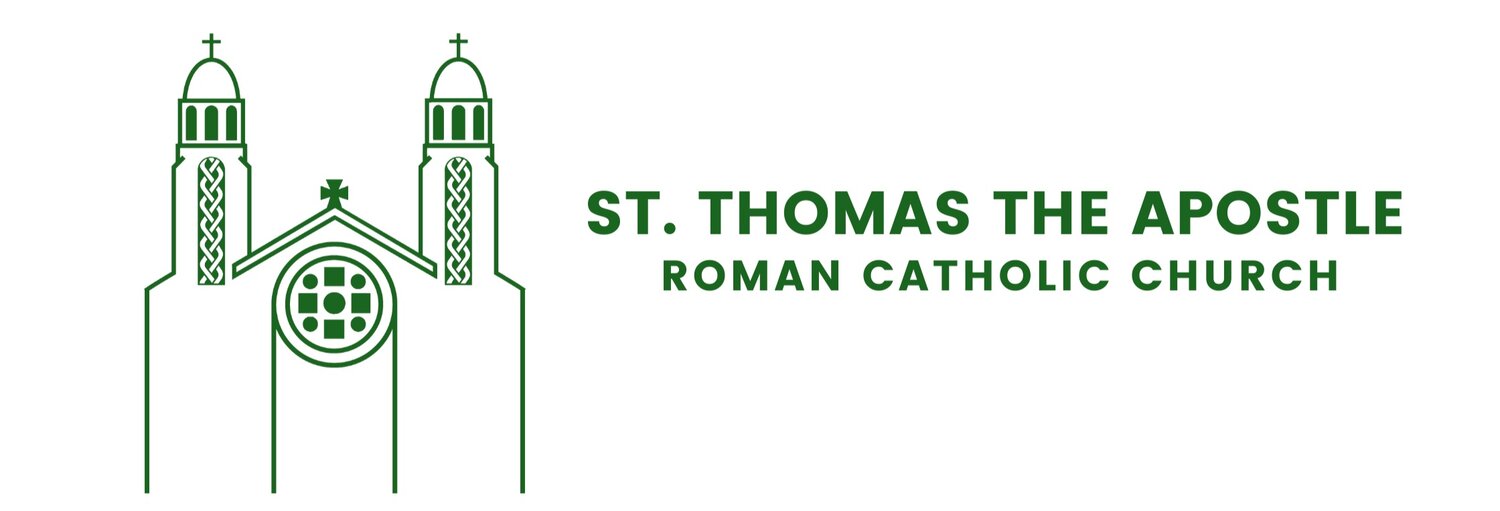






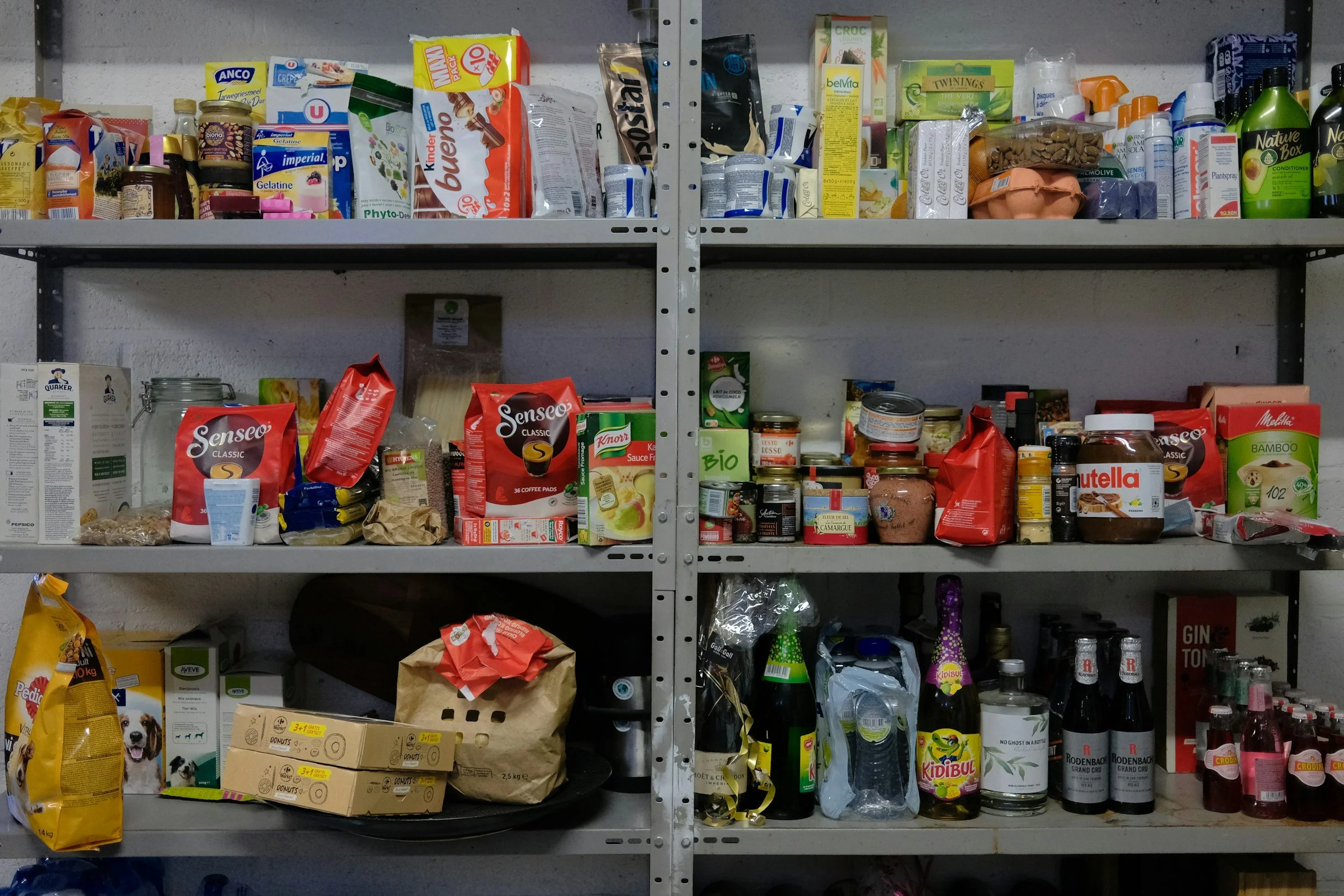
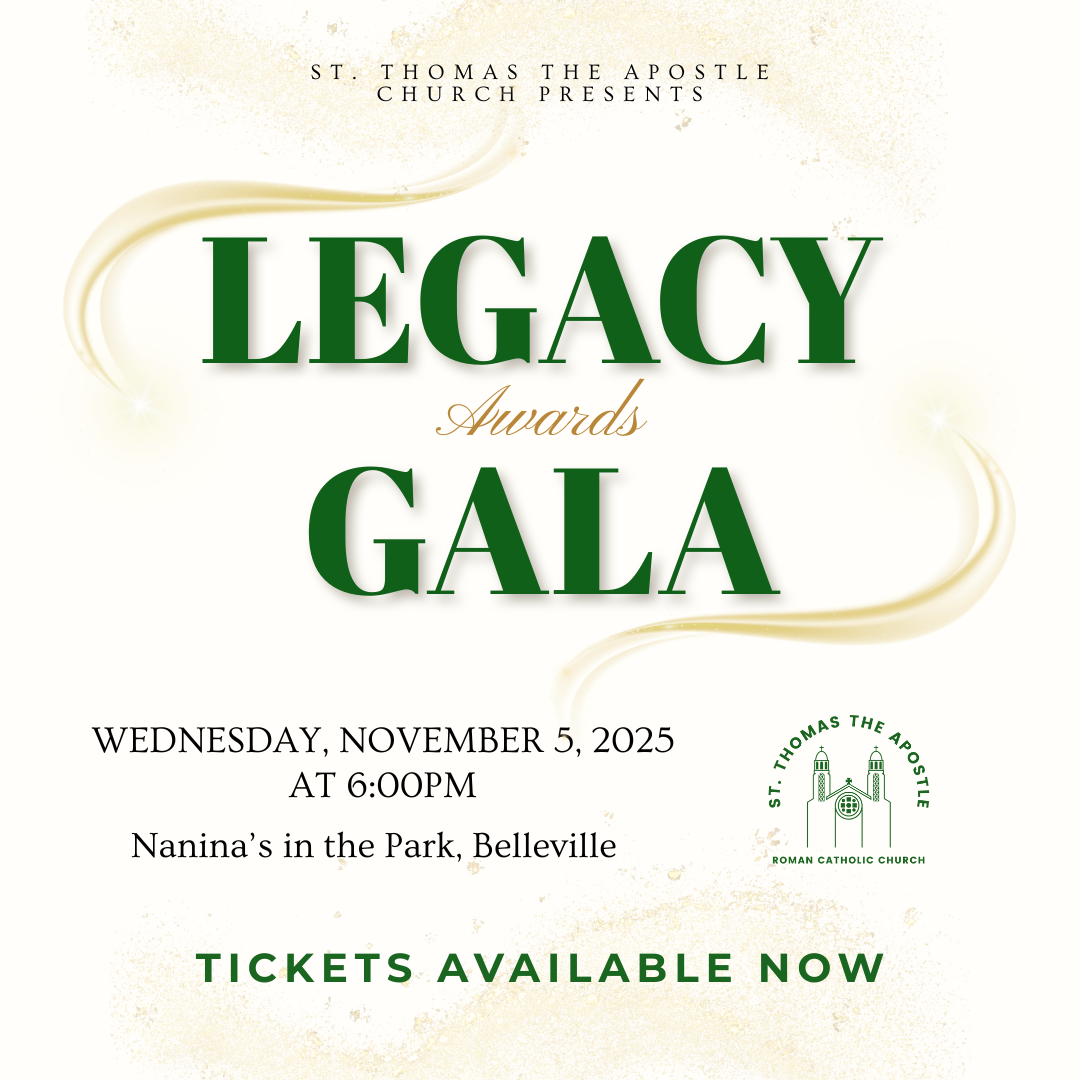
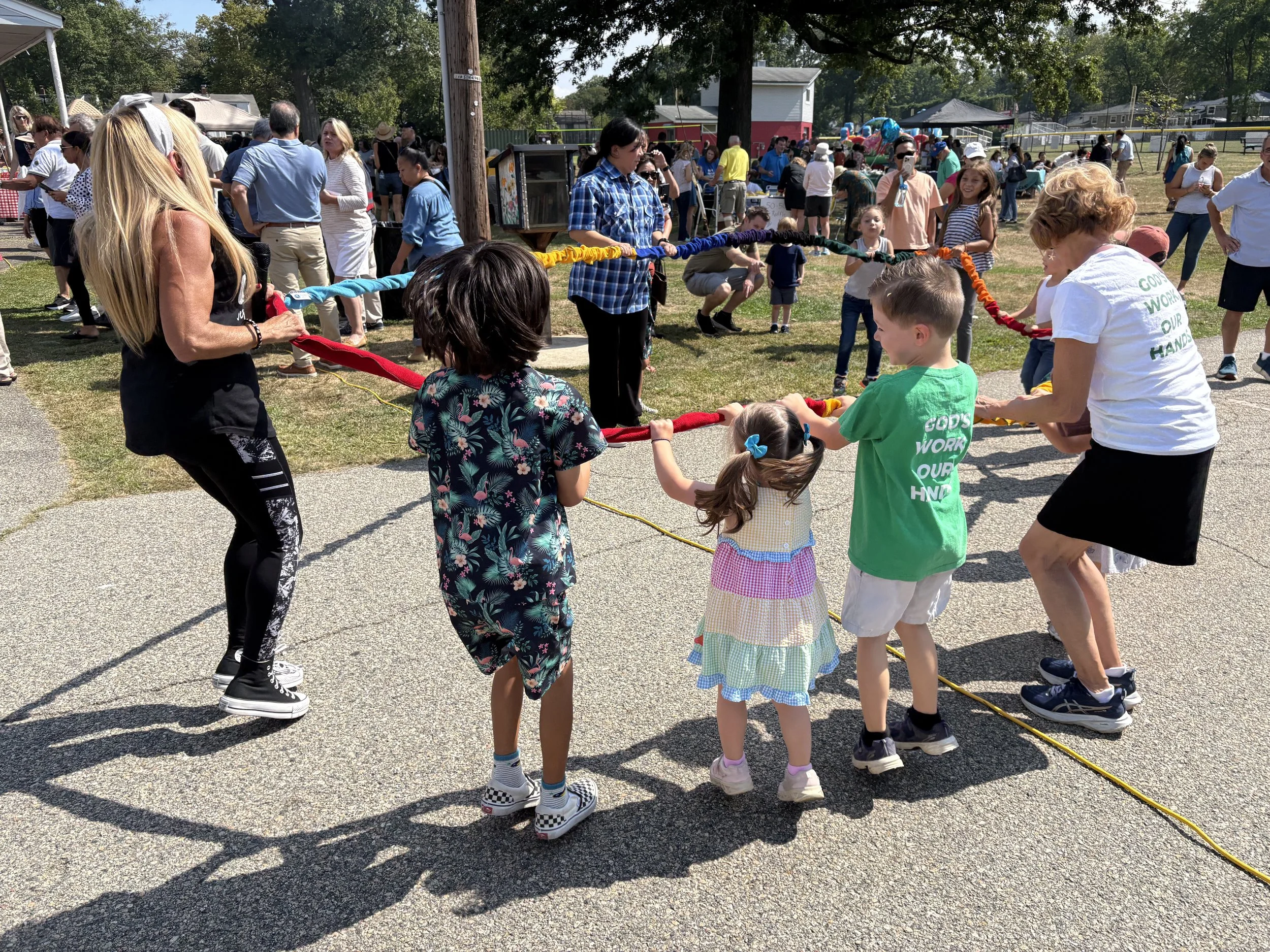
![CANTOS DE QUISQUEYA [Social Media].png](https://images.squarespace-cdn.com/content/v1/60c791b62191a839c2435b6b/934a4f97-ddd7-43dc-bc22-cc1c383c4d03/CANTOS+DE+QUISQUEYA+%5BSocial+Media%5D.png)



